News and features
Read the latest news and features about our world-leading research, discoveries, fundraising and philanthropy. If you want to keep updated on our news, you can follow us on social media or sign up for our Search newsletter.
If you’re a journalist and want to find out more, you can contact our media relations team.
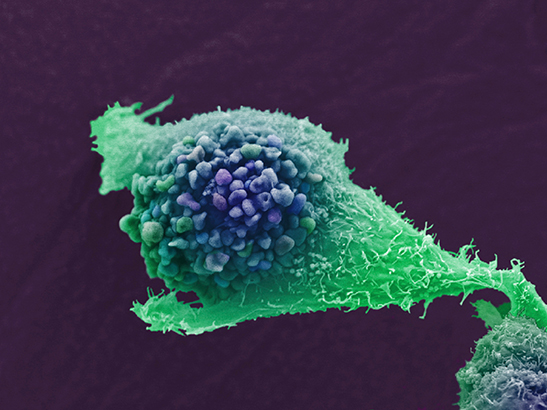
ICR responds to NICE decision not to recommend olaparib for advanced prostate cancer
The Institute of Cancer Research, London, has expressed disappointment that NICE has decided not to recommend olaparib for previously treated, hormone-relapsed metastatic prostate cancer.

First clinical trial of innovative drug targeting HSF1 pathway begins
The first cancer patients are to receive doses of an innovative new drug that targets a master regulatory pathway in cells, as part of a new clinical trial.

Abiraterone could halve risk of prostate cancer death for some patients
Adding abiraterone to the standard treatment for locally advanced prostate cancer, where the cancer has a high chance of spreading*, could halve the risk of death from the disease.

Carols from Chelsea celebrates festive season and our world-leading research
We welcomed back guests to our flagship annual social and fundraising event, Carols from Chelsea, at the Royal Hospital Chelsea on the 7 December.

Meet our new team members
New faces have joined the Business and Innovation Office here at The Institute of Cancer Research, London since our last newsletter. They’re helping us further expand our work with industry and academic partners.
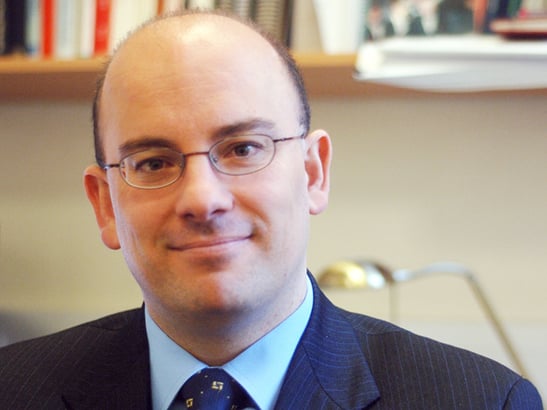
ICR in new collaboration to develop ‘next generation’ immunotherapy candidate
Scientists at The Institute of Cancer Research, London, are working with the Cambridge-based immuno-oncology company Crescendo Biologics on its development of a potential ‘next generation’ immunotherapy.
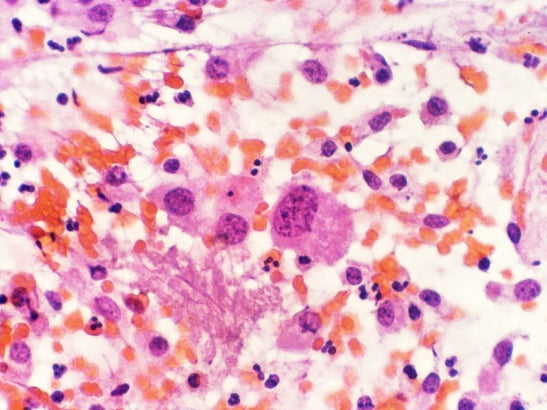
Trial identifies five-drug combo for ‘ultra high risk’ bone marrow cancer
A combination of five existing drugs keeps cancer at bay for longer in patients with a highly aggressive type of bone marrow cancer, a major new trial reveals.
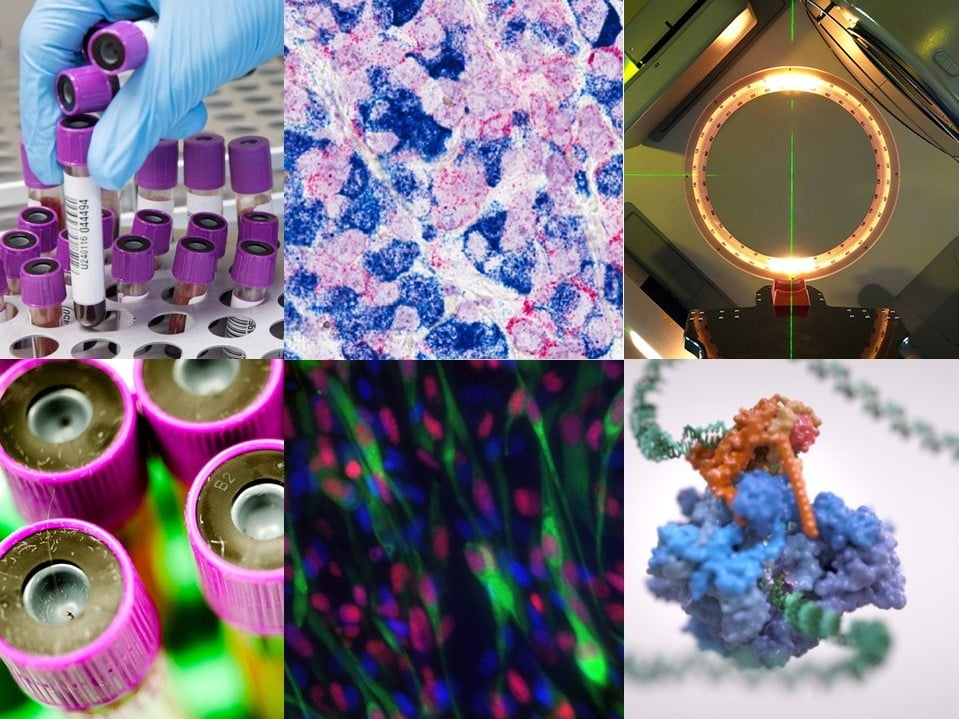
Scientific achievements of 2020/2021
We've selected a range of discoveries from the academic year that highlight the quality and breadth of our basic, translational and clinical research.
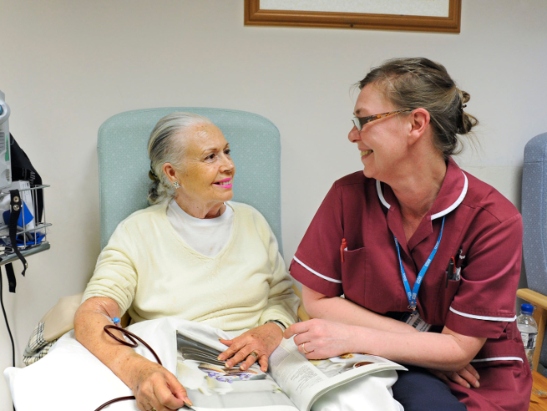
Cancer trial recruitment drops by 60 per cent during pandemic
The number of cancer patients entering clinical trials has plummeted during the pandemic – denying many thousands the latest treatment options and delaying the development of cutting-edge drugs and technologies.

‘Sleeping’ cancer cells explain why childhood leukaemia returns after years of treatment
Leukaemic cancer cells can ‘go to sleep’ and thus avoid the effects of chemotherapy, sometimes for years.
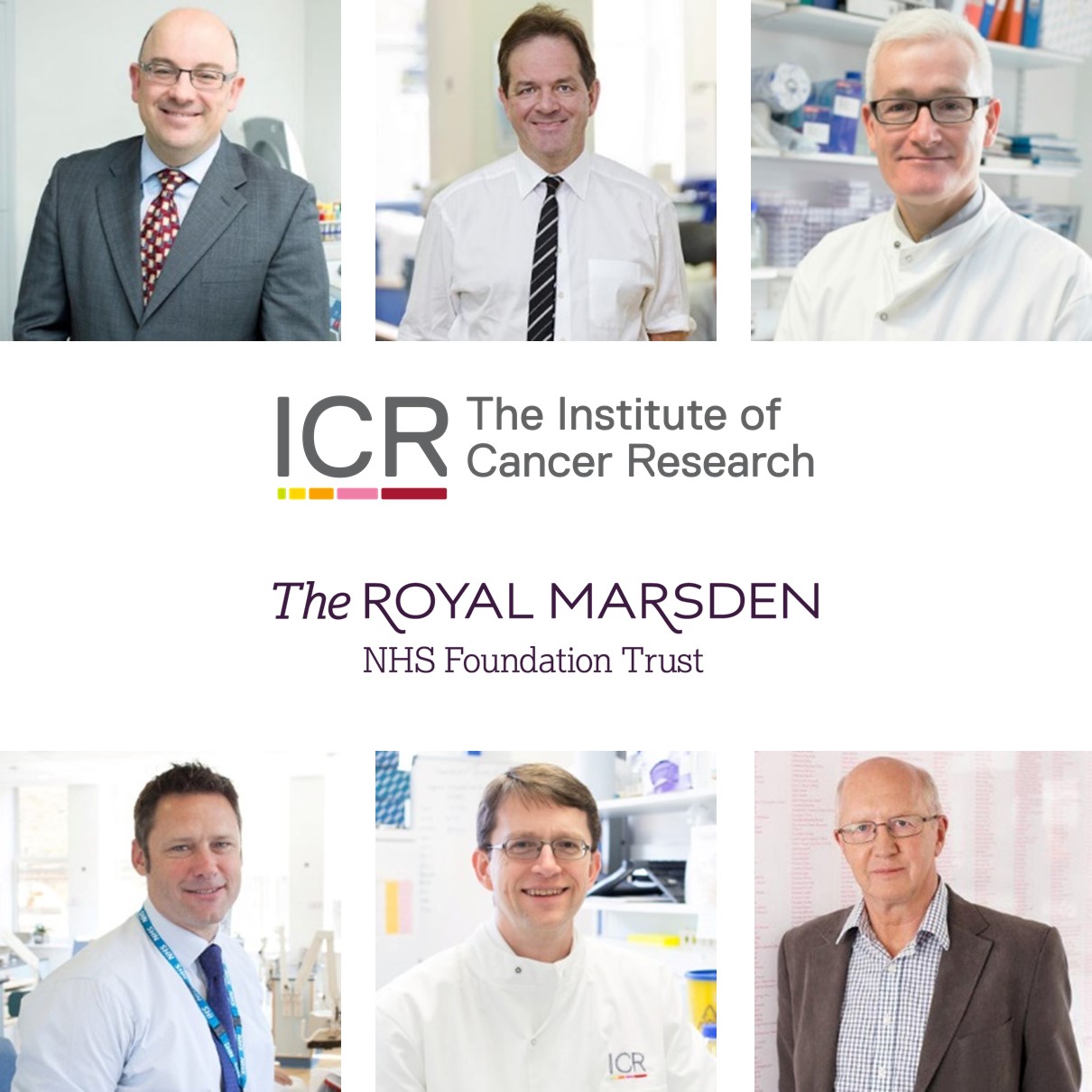
ICR researchers named among world’s most influential scientists
Six researchers at the ICR and The Royal Marsden have been named in a list of the world's most influential by the by science analytics company Clarivate.
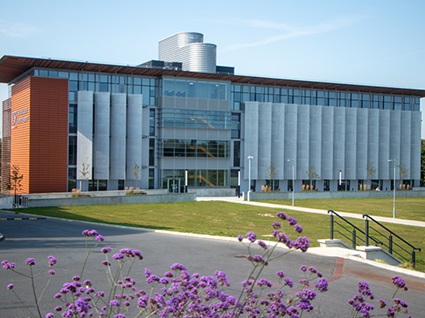
Celebrating one year at the Centre for Cancer Drug Discovery
One year ago we opened the doors to the Centre for Cancer Drug Discovery. To celebrate, we're looking back on the journey to build it, how it has developed over the last year and its exciting future.
